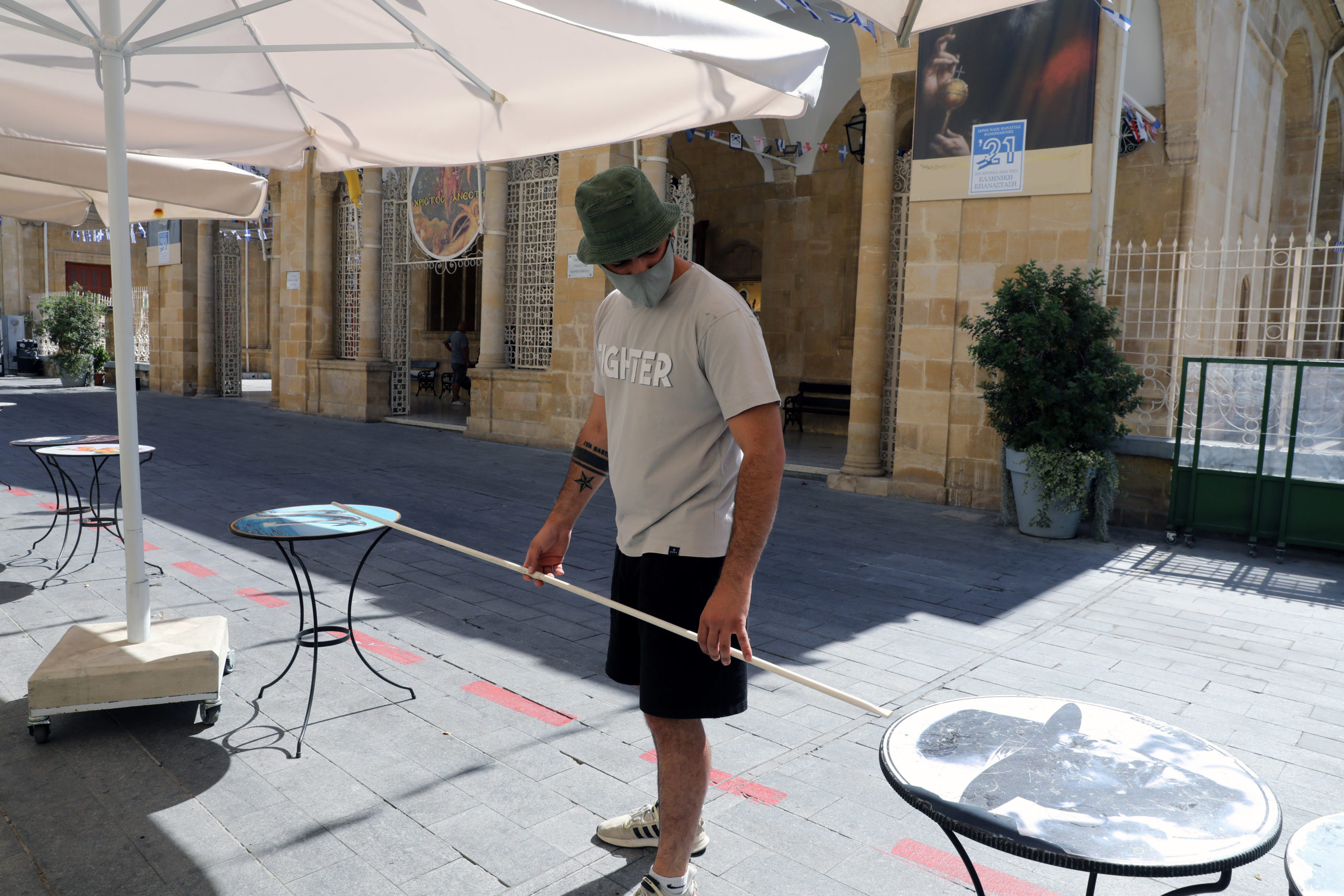Averof Neophytou, the ruling party chair, raised the issue of minimum guaranteed income in parliament earlier this week, which is currently at €500 per month for people who have no source of income.
Neophytou pointed out this was a measure implemented by his government after the unprecedented bailout in 2013 and followed the collapse of the banking system.
At the time, unemployment reached 18%, and Neophytou said, “We needed to support people at a time of need, but since then, things have changed, and we need to review the effectiveness of this measure in light of current labour shortages”.
Neophytou is correct to suspect that setting a minimum wage might cause some distortion in the labour market, although not as much as the unemployment benefit provided to people who work in the hotel industry.
The budget for the minimum guaranteed income for 2022 is €225 mln and will target nearly 20,000 low-income families.
Although a review of the measure’s impact on the labour market is more than welcome, perhaps more pressing is the review of the unemployment benefits that hotel and restaurant workers enjoy.
This measure was introduced during the first Gulf War when the tourist industry took a major hit, and people couldn’t find jobs.
But it stayed as an indirect subsidy to the tourist industry.
There are many arguments in favour of this benefit.
Perhaps the most serious one is the importance of keeping permanent personnel without pay during the winter season when most hotels shut down for up to five months.
Many of these people who stay unemployed during this period do not take other jobs since the opportunity cost is very high.
Working full time during these five months will earn them no more than €500 per month at best, on top of their unemployment benefit, so they prefer to stay off the job market or work part-time with undeclared income and stay eligible for the unemployment benefit.
Neophytou is careful not to raise this issue that affects thousands of workers, although he knows this is a far more distorting measure in the labour market.
Unions will go ballistic if any government considers changing this measure.
However, the labour shortage is pushing wages higher and hurting competitiveness.
Unless more people find current pay conditions attractive enough to enter the labour market, wages will keep rising, and that’s exactly what unions want.
Labour shortages in what economists call ‘entry-level jobs’ can be eased by importing labour from other EU countries, but that has to be planned ahead by companies.
Over the past two years, the pandemic made it impossible for them to plan ahead and secure workers before the season begins, usually in the first couple of months of the year.
The answer to this problem is to find ways to employ local people who are unemployed for 5-6 months every year and contribute to the economy more productively without causing labour market distortions and hurting the pension system’s viability.
Neophytou cannot raise this issue alone.
It is politically too costly, not just for a single MP, but even for a single party.
Unfortunately, populism from the government destroyed the prestigious National Economic Council in 2015 headed by Chris Pissarides, a Nobel laureate professor of economics at the University of Cyprus and the London School of Economics.
It was a promising academic and independent institution that carried a lot of weight and could have successfully exposed such externalities.
Although Neophytou’s efforts to address these issues are welcome, it is unlikely they will have any significant effect as they will fall on deaf ears.
This is the price of populism.
Michael S. Olympios is an economist, business advisor, Editorial Consultant to the Financial Mirror










